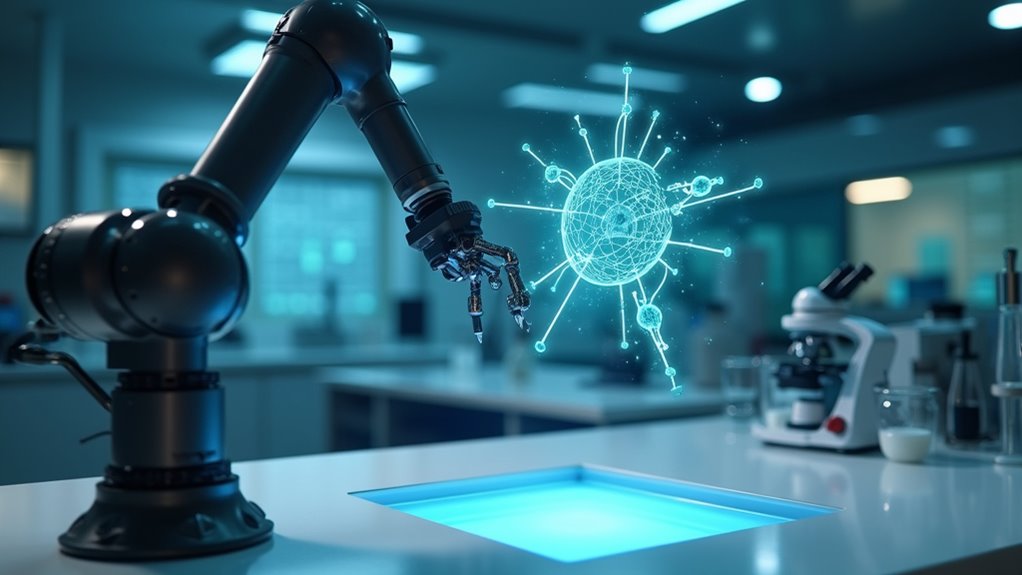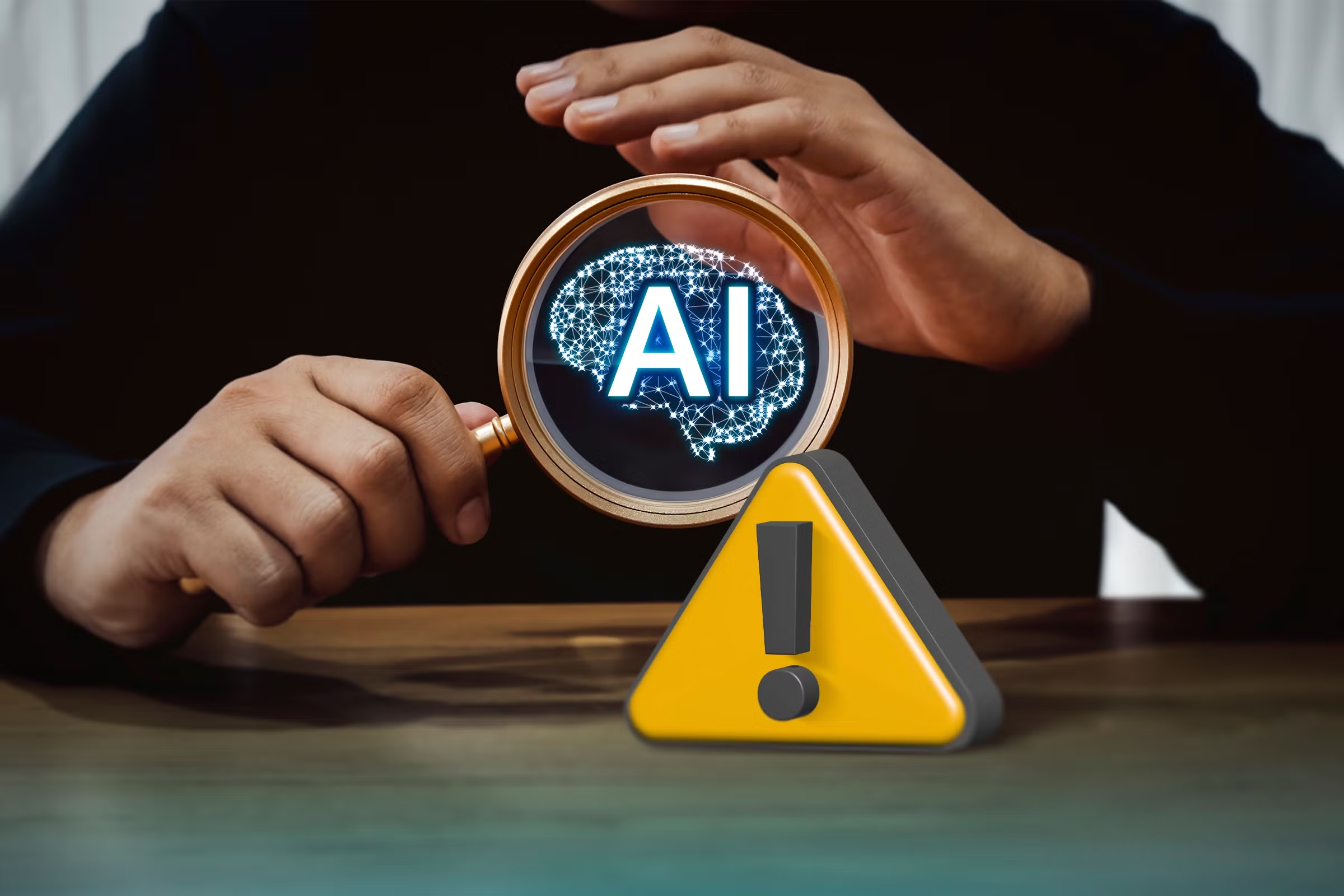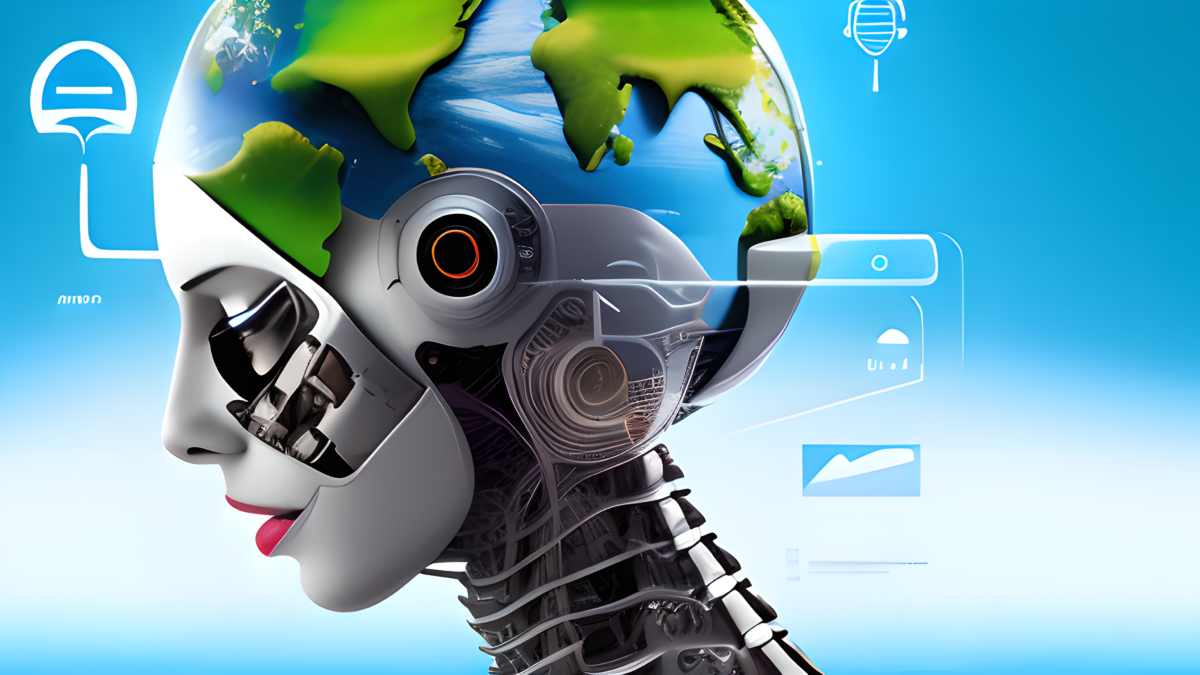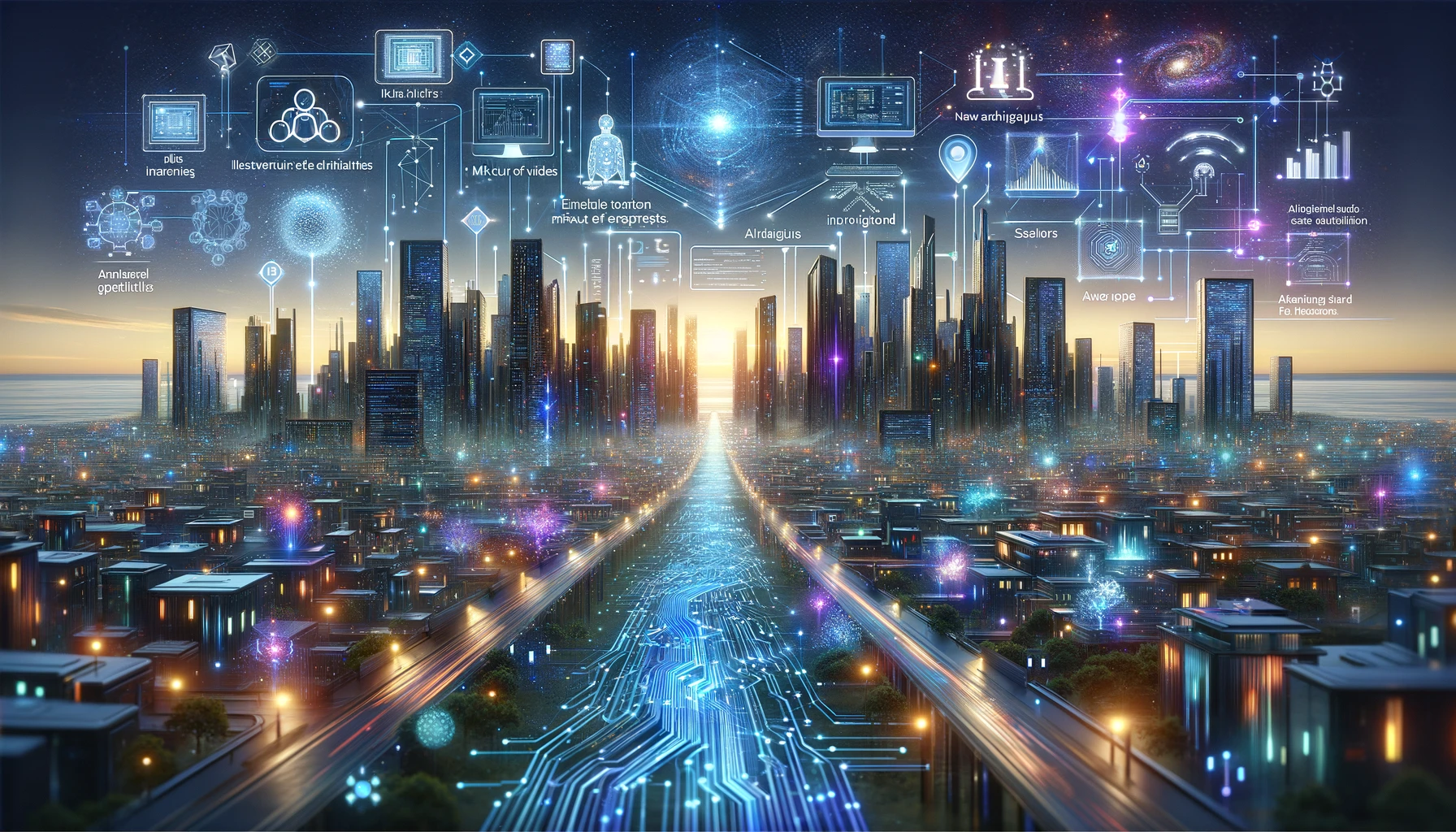Google’s CEO is going all-in on an AI revolution that’s about to flip the search giant inside out. At a December meeting, Pichai announced a strategic pivot from the traditional search box to AI-powered, conversational experiences—driven by Gemini and innovations like Project Mariner. With OpenAI and Perplexity breathing down their necks and regulatory headaches mounting, this isn’t just a shiny new feature—it’s existential. The details of this transformation might just surprise you.
While tech giants often make grand promises about future innovations, Google’s recent strategy shift appears to be the real deal. At a December 2024 strategy meeting, Sundar Pichai didn’t just announce minor tweaks—he outlined a fundamental alteration that will reshape the company by 2025. The search giant is finally moving beyond the humble search box that made it famous and diving headfirst into AI-powered experiences.
Remember when “Google it” meant typing keywords into that minimalist homepage? Those days are numbered. Pichai is betting big on making search more conversational and intuitive through deep AI integration. And let’s be honest, with OpenAI and Perplexity nipping at Google’s heels, the timing couldn’t be more critical.
The search box era is ending as Google races to AI-fy everything before competitors leave it in the dust.
The Gemini AI model stands at the center of this revolution, set to power everything from search to personal assistants. Google’s not just dipping a toe in the AI waters—they’re doing a cannonball. The Gemini app received special mention during the strategy meeting, signaling its importance in the company’s competitive response. The ambitious goal to reach 500 million users through the Gemini app demonstrates Google’s commitment to widespread AI adoption.
Project Mariner might be the most intriguing development on the horizon. This Chrome AI prototype aims to seamlessly integrate content from other websites directly into Google services. Imagine scrolling through TripAdvisor restaurant recommendations and instantly transferring that list to Google Maps. Pretty slick, right?
At Google I/O 2025, Pichai showcased how these AI innovations are evolving from research labs to everyday reality. The focus has shifted dramatically toward consumer applications, with particular emphasis on “agentic apps” that can perform tasks autonomously. Building on the foundation of PaLM 2, Google’s latest AI models excel at complex reasoning tasks while requiring less computational resources.
Pichai’s message to employees to “stay scrappy” reveals the pressure Google feels from both competition and regulatory challenges—especially after losing that antitrust case related to its search business. The company faces significant regulatory pressure from the U.S. Justice Department regarding Chrome and advertising practices as it navigates this transformation.
For a company that’s dominated search for two decades, this AI shift isn’t just another strategic adjustment—it’s an existential necessity. As Pichai suggested at the AI Action Summit in Paris, we’re entering a “golden age of innovation” in artificial intelligence, and Google is determined not to be left behind.









